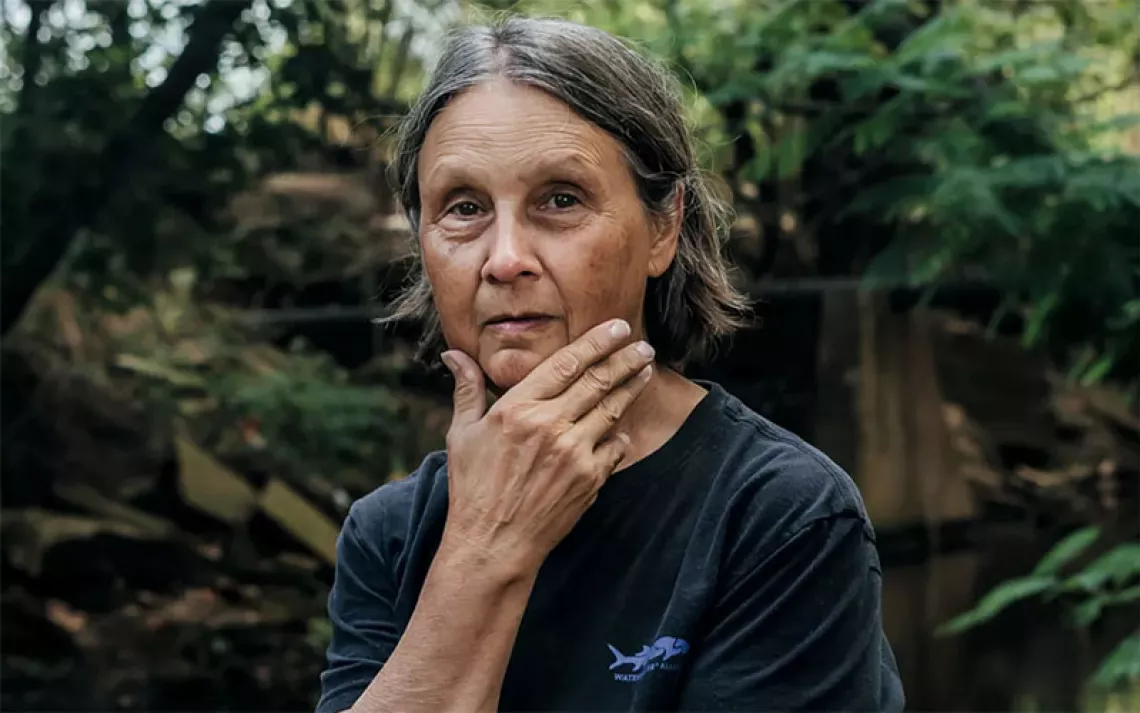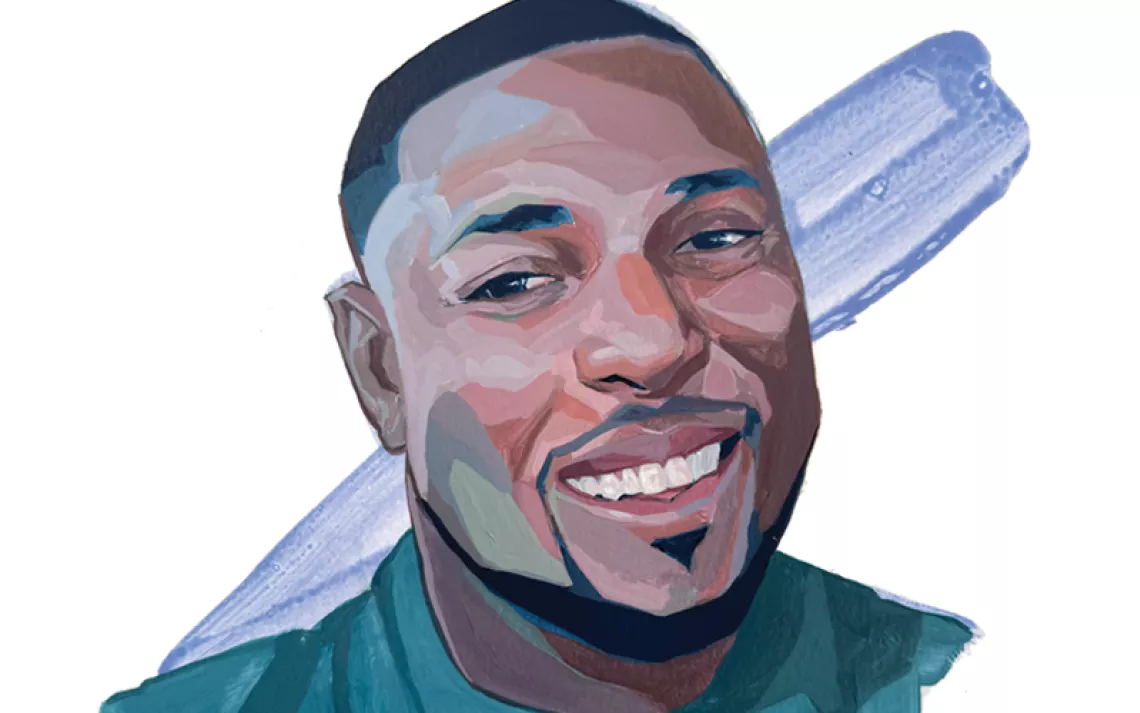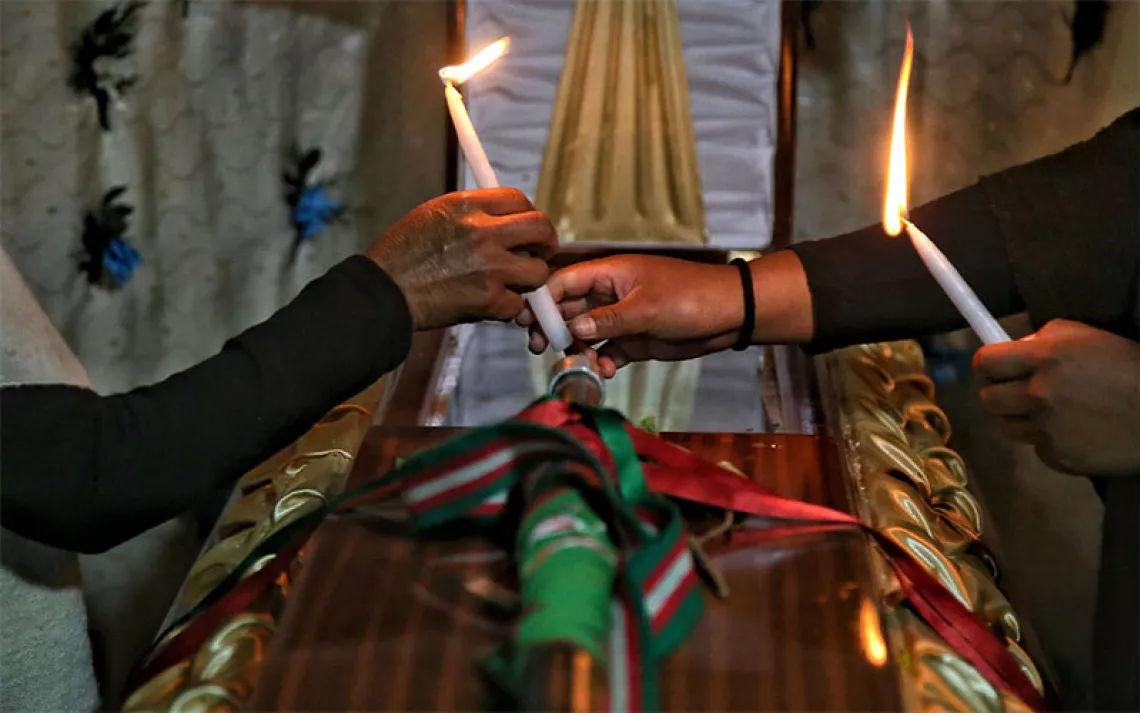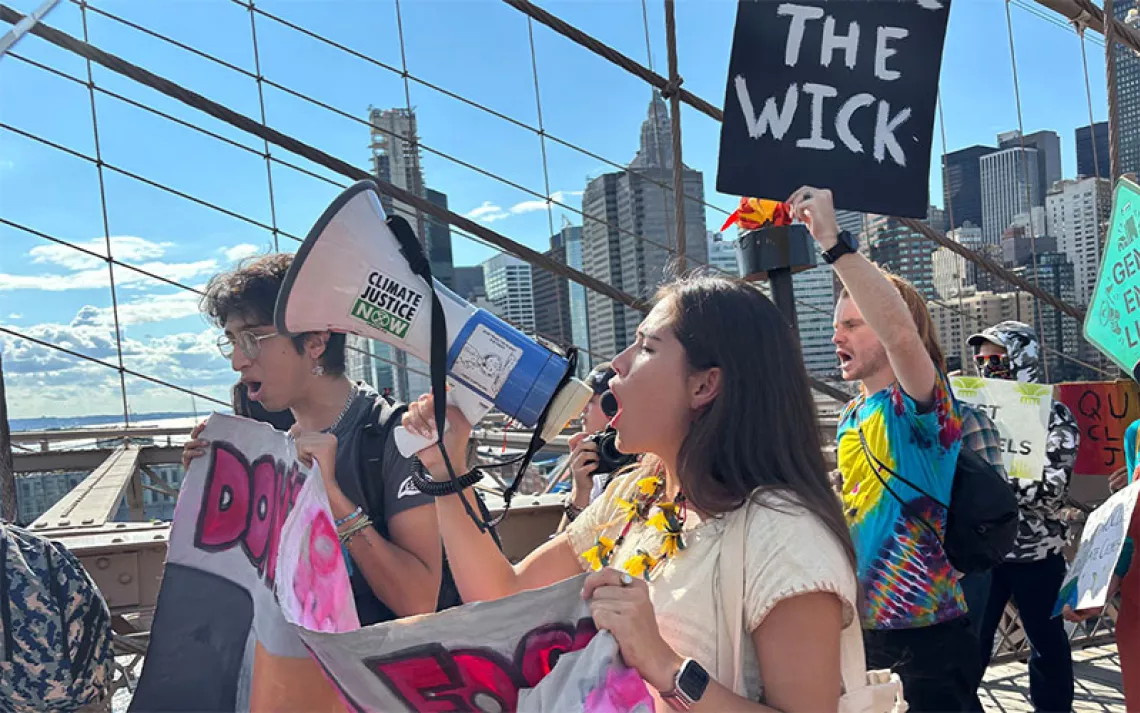Meet the Grandmother Standing Up to the Coal Mining Industry
Wendy Bowman to receive Goldman Environmental Prize for opposing coal companies
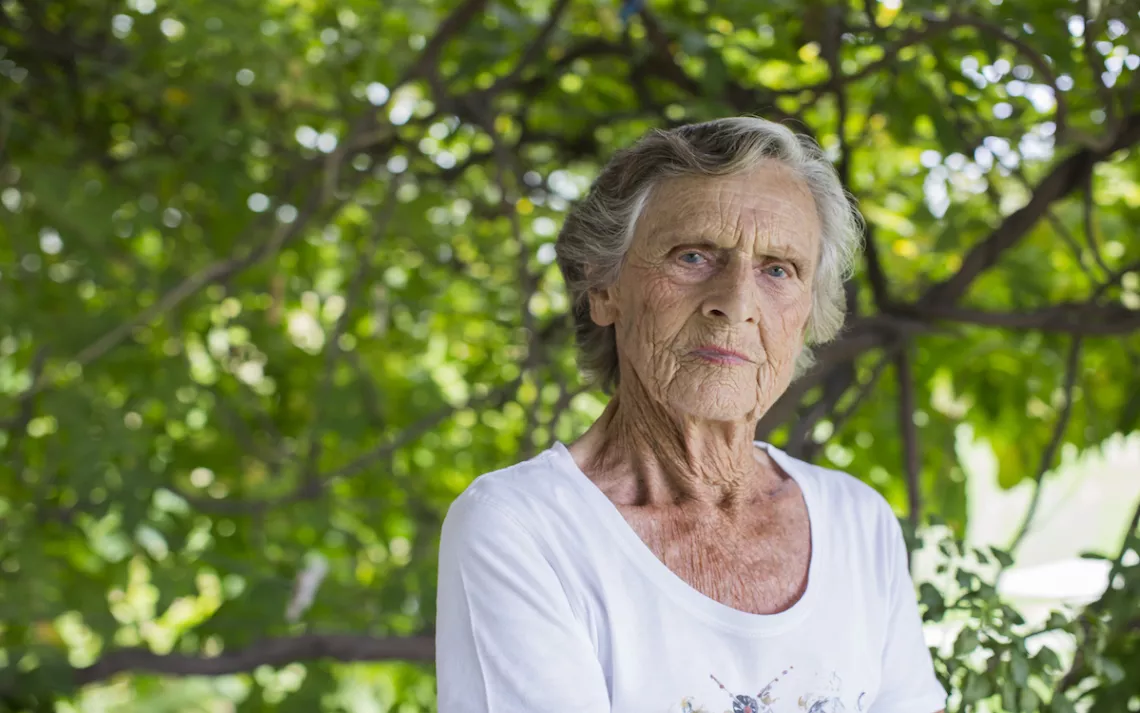
2017 Goldman Environmental Prize winner Wendy Bowman | Photo courtesy of Goldman Prize
Wendy Bowman hates rudeness, and she can’t stand the idea of unfairness, either. So when some of Australia’s biggest coal companies came to the Hunter River Valley in New South Wales in the late 1980s, strong-arming local farmers and dairies to sell their land, she was not pleased. “They [the coal companies] came and treated people so badly. Really, they were dreadful,” Bowman said in an interview. “I had women calling me on the phone crying, saying, ‘So-and-so has been here and I’m terrified. He said this and said that.’ So many of the families that were here—small blocks and bigger blocks—they are just gone.”
At first glance, Bowman—an 83-year-old rancher in the town of Camberwell, New South Wales—cuts the typical figure of a relatively well-to-do, well-established farmer. Her skin is tanned and deeply lined from the brutal Australian sun, and her strong-looking fingers show the evidence of years of farm work. On a recent day in San Francisco, she was dressed with understated sophistication: turquoise sweater, brightly colored silk scarf, sensible slacks. When talking about her six grandchildren, she’s unquenchably gregarious.
But spend a bit of time with her and it quickly becomes apparent that Bowman doesn’t suffer fools gladly. Wiry and intense, she’s possessed of a righteous impatience for injustice of all kinds. “I couldn’t believe the way that [the mine companies] dealt with little people who wouldn’t answer back,” Bowman said. “They were nasty to them. They frightened people. . . . We told people, ‘If the mine manager comes into your place and says you have to sign this access agreement, tell them, ‘No, I want to have time to think about it. Let me read it properly. I haven’t time to read it. You just handed it to me.’”
Since 1991, when she cofounded an organization called Minewatch: New South Wales, Bowman has spearheaded efforts in her community to monitor the public health and environmental impacts of open-pit mining and to organize area residents to defend their rights. Today, her decades of grassroots leadership will garner international recognition when she receives the Goldman Environmental Prize. (You can read about all six recipients of the 2017 prize here.)
The Hunter River Valley—located north of Sydney, just inland from Australia’s eastern coast—was one of the first areas settled by Europeans and for generations was a major agricultural producer. The fertile region produces wine grapes and beef cattle, and is also well known for dairy production and horse-breeding. To the dismay of many area farmers, in the 1980s, coal mining companies began establishing open-pit mines in the area. Coal mining is big business in Australia (the country is the world’s top coal exporter), and the mining companies acted with imperiousness as they sought to obtain land titles. “The coal mining industry in those days just thought they were, you know, Jesus Christ himself,” Bowman said. “They thought they could do whatever they wanted.”
Companies like Costain and Peabody engaged in a kind of divide-and-conquer strategy, Bowman said, at first offering big payouts to area farmers and then, once they had purchased a critical mass of properties, low-balling the remaining holdouts. “They were dividing communities, dividing families, dividing best friends,” Bowman said. “So many families broke up. So many fathers and sons broke up. So many of the families that we all knew, that had been there for generations, have all gone.”
Bowman was one of those who tried to remain on the land. Her husband’s family was among the first nonconvict English settlers, and Bowman (who was widowed in 1984) had no intention of leaving the family property. But those like her who decided to stay found that their bucolic way of life was gone anyway. Between the blasting and the heavy machinery, the mines made awful noises 24 hours a day. Floodlights disrupted the night. Coal dust cloaked the landscape and clogged up the rainwater catchment systems that many rural Australians use for drinking water.
Bowman says that the mine companies were determined to show that farming and coal extraction could exist side by side, but it soon became evident what a fantasy that was. The alfalfa in her fields (Aussies call it “lucerne”) began to wither and die. After one government official tried to assure her it was simply a case of soil nematodes—an anecdote that Bowman recounts with withering sarcasm—she had the water tested and found that her main source of irrigation had been contaminated with salts and heavy metals. “The cattle wouldn’t even eat the lucerne,” she said.
In 1992, not long after she and neighbors established Minewatch, Bowman decided she had no choice other than selling her largest land holding to the coal companies. But the coal companies followed her as the industry’s footprint kept getting larger and larger. In 2005, she was forced to relocate again after she received an eviction notice that gave her just six weeks to move. Then, in 2010, after establishing a 650-acre ranch in another section of the Hunter River basin, a Chinese multinational, Yancoal, sought to purchase her land as it tried to expand the Ashton South East Open Cut mine.
Determined not to move again, Bowman challenged Yancoal in court. The judge sided with her, ruling that Yancoal could only proceed with its mine expansion if Bowman agreed to sell her land—which she had no intention of doing. Yancoal appealed and lost again, though the company is lobbying Australian officials to approve the mine expansion even over Bowman’s objections.
Today, coal concessions dominate some two-thirds of the Hunter River Valley, and Wendy Bowman continues to organize her neighbors to push back against the industry. She has enlisted doctors to monitor public health risks in the area, where many people suffer chronic respiratory conditions due to the coal-mining dust, and attorneys to advise local landowners on their rights. “People don’t know their rights, and so we give them moral support.” And she continues to speak out against what she sees as the coal industry’s reckless arrogance.
Bowman says that she is surprised that coal companies are still intimidating landowners to cede their properties, given how concerns over global warming are depressing global coal demand. “There are still mines expanding—why, I can’t imagine at the moment,” she said. “There’s been a very big downturn [in the coal industry]. A lot of people [miners] have lost their jobs. They still have contracts to fulfill, but I think with the way the world is going now, people in a lot of other countries are thinking we need to do something else.”
The coal industry’s latest gambit is a promise that it can find a way to burn coal cleanly. Having been involved in coal watchdogging for decades, Bowman responds to the idea of “clean coal” with wry disbelief.
“In Australia, they have been working on clean coal for 25 years, and they haven’t gotten it yet,” she said. “I can remember being at a meeting all those years ago, with a man standing up telling us all about how they were going to ‘make coal clean.’ Well, they haven’t come back and told us they’ve done it.”
 The Magazine of The Sierra Club
The Magazine of The Sierra Club
